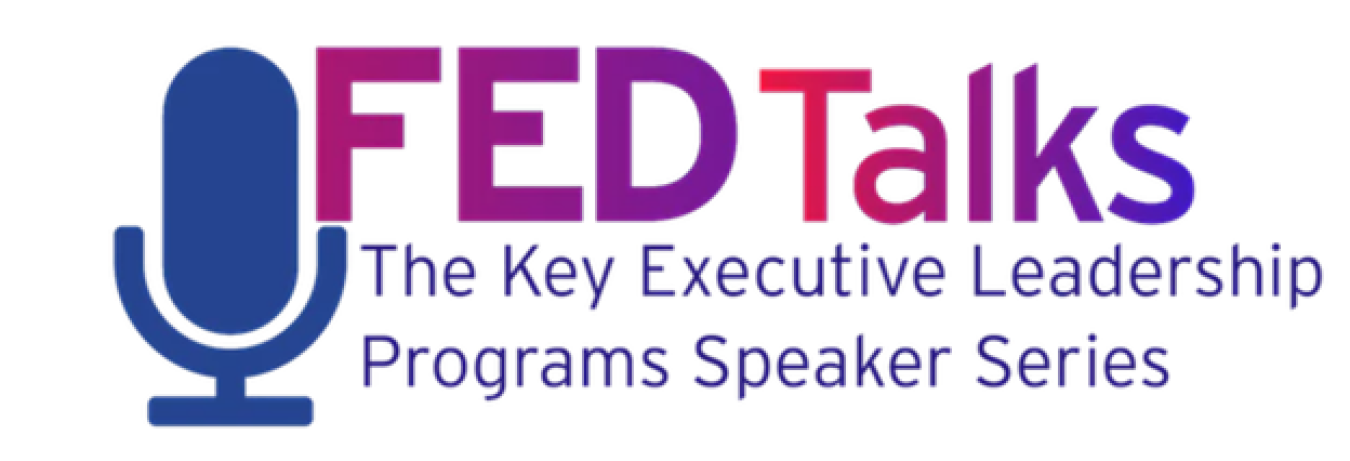An EM director joined other federal government representatives last week to focus on succession planning and the “great resignation” in the final installment of the 2022 FEDTalks Key Executive Leadership Programs Speaker Series.
Office of Environmental Management
December 6, 2022
An EM director joined other federal government representatives last week to focus on succession planning and the “great resignation” in the final installment of the 2022 FEDTalks Key Executive Leadership Programs Speaker Series held by the American University School of Public Affairs.
Kristen Ellis, EM director of regulatory, intergovernmental and stakeholder engagement, and the other panelists discussed the growing need for succession planning and the great resignation seen across federal agencies in which people have voluntarily left their jobs in the wake of the COVID-19 pandemic. They emphasized the importance of attracting early career professionals to jobs in civil service during the virtual panel discussion.
EM has about 1,200 federal employees currently, with almost 200 open positions. Only 15 employees are under the age of 30, Ellis said. About 25% of EM employees are currently eligible for retirement, and that percentage rises each year.
The panelists joining Ellis were Kara Cotsalas, chief of the Workforce Management Branch for the National Institute of Allergy and Infectious Diseases at the Department of Health and Human Services (HHS), and Russell Robinson, senior advisor for Training & Engagement for the Program Support Center at HHS. Like Ellis, Cotsalas and Robinson noted that the federal agency where they work struggles to increase the number of employees under 30.
Government work appeals to early career professionals, but they struggle to figure out where to begin.
“Once we get them, they’ll stay,” Ellis said. “But we’ve got to get them over the hump of getting brought into the mission.”
EM is experimenting with ways to recruit early career professionals. Ellis shared ideas, such as shortening the hiring process and using social media to connect potential hires with employment opportunities.
“We can’t have one solution,” Ellis said. “We’ve got to try 20 different things and see what sticks.”
EM sites are in mostly rural, diverse locations across the country, which has proven to make recruiting employees difficult. Contractors at these sites struggle to get jobs filled. Ellis emphasized how these sites and EM need local and state officials to help tackle this challenge. She said that working closely with local communities and taking the time to listen to what the needs of those areas are, and having the data to back up the needs of the EM sites is a step in the right direction.
On the topic of long-term planning for recruiting new and early career professionals, Ellis said targeting middle school students is essential because they are the next generation entering the workforce. Getting them invested in EM’s mission and the work that takes place at the sites across the country is key.
The panelists said they’re hopeful about the future of succession planning and recruiting early career professionals.
“We’ll be looking back in a few years from now and look at how everything has changed,” Ellis said.
The 2022 Key FEDTalks Speaker Series focused on the future of excellence in leadership and public service.
To receive the latest news and updates about the Office of Environmental Management, submit your e-mail address.

